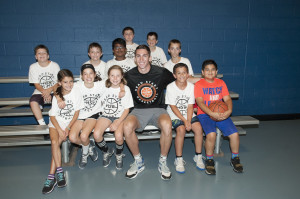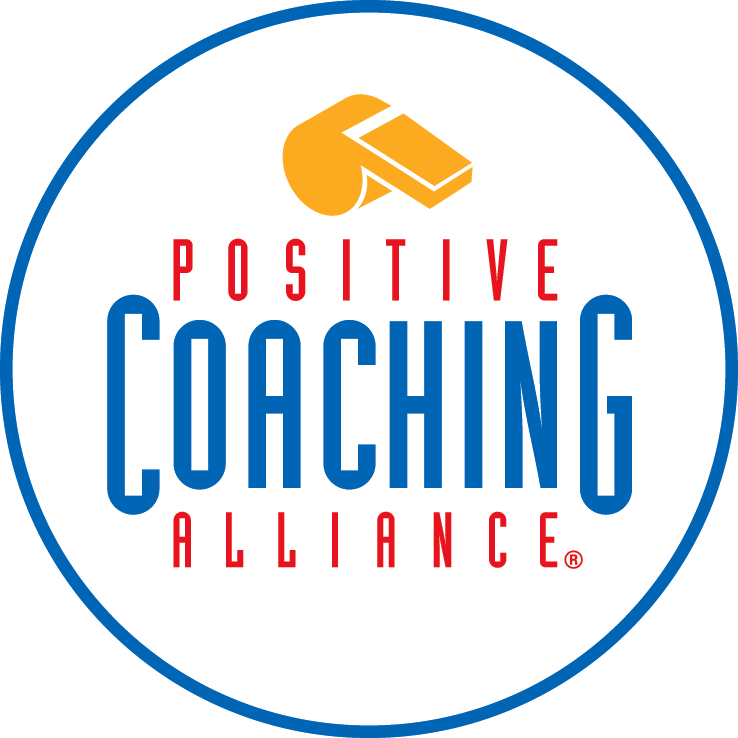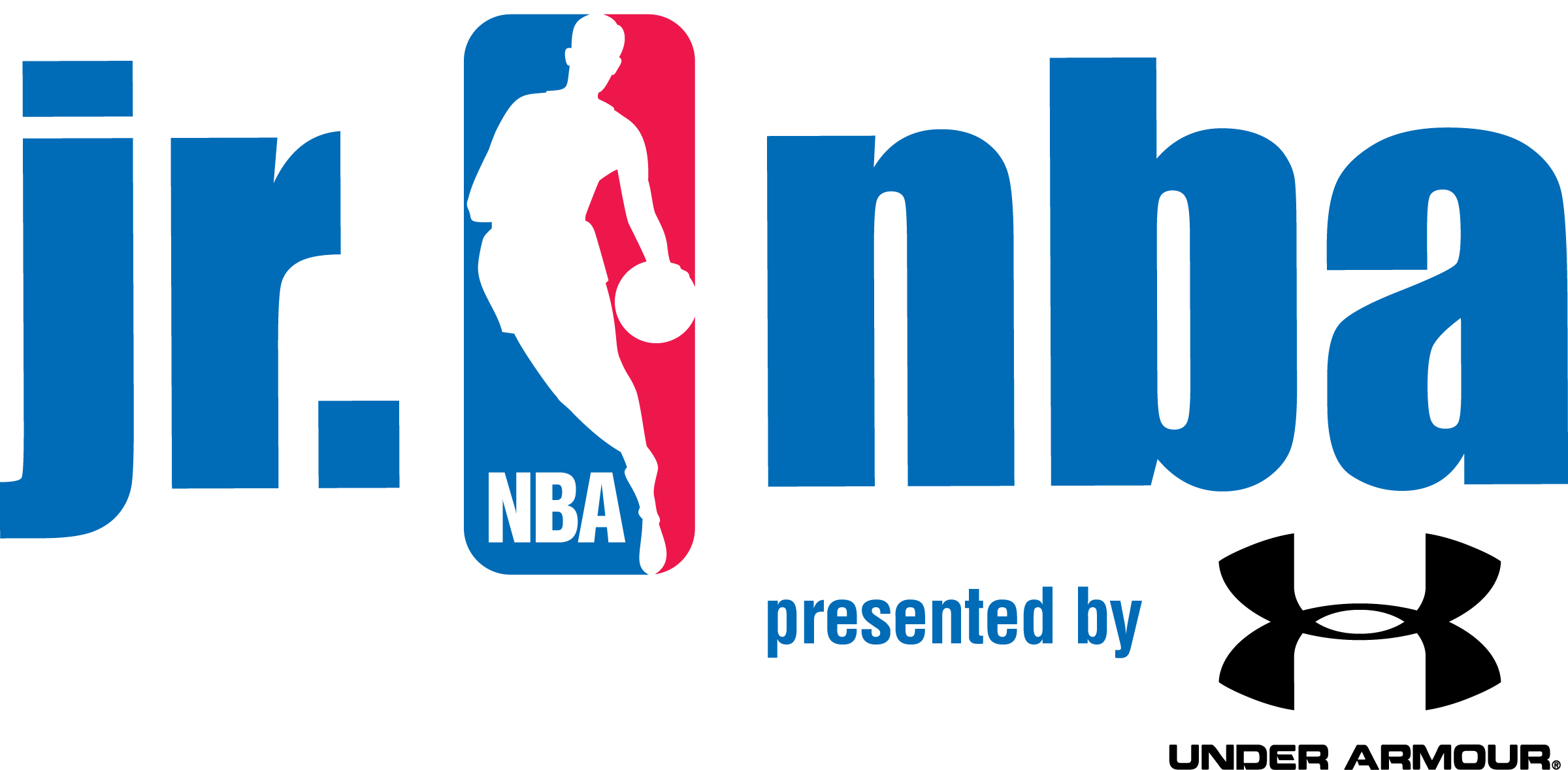
Basketball on the Edge – 21 Ways to Leave Your Mark on the World by George Raveling
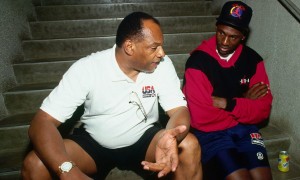
Tremendous article this week that will inspire coaches, players, and parents alike by Basketball Hall of Famer George Raveling.
Click here to read the article by George Raveling
Click here to register for one of our upcoming programs!
Sign up now to get a “Head Start” on your competition with our free basketball tip of the day delivered straight to your inbox. Click below, enter your email and we’ll also send you our E-Book, “Mental Toughness, Improve Your Brain – Improve Your Game”.
Basketball on the Edge – 11 Ways for Basketball Players to Earn More Playing Time – Vintage Edition
11 Ways for Basketball Players to Earn More Playing Time
1. Schedule a meeting with your coach and ask what you can do to help the team.
It is amazing what you can learn about your role on the team by communicating with your coach during the season. The coach will appreciate your initiative and you will have a much better understanding of what your coach wants you to do out on the court. The key to a successful meeting is to be open minded, listen to what your coach says, and most importantly, try to do what the coach asks you to do from that point forward. At the end of the season, ask your coach what you need to work on during the off-season to earn more playing time the following year.
2. Know your role and be honest with yourself.
Do what you’re good at. Not everyone can be the star and get the most shots. If you try to do things that you’re not good at, you’ll find yourself sitting next to your coach. If you’re great at rebounding and playing defense, do those things when you’re on the court. I was strictly an offensive player in high school, but when I got to college I realized that I could earn minutes by becoming a great defender. I sacrificed for the team and got my coach’s attention. As a result I started every game as a sophomore, junior, and senior. Be smart as a player and take advantage of opportunities where they present themselves. Do what you can do, not what you can’t do. Strengthen your strengths and work on your weaknesses in practice.
3. Work hard and hustle
Trust me when I say that coaches notice this. They notice it in practice, in games, even in open gym. It’s somewhat sad that hustling and working hard can set you apart, but it does. Force yourself to give great effort at all times. No one gives 100%, but keep pushing yourself closer to that standard and you’ll catch the attention of your coach. I can walk into a gym and pick out the kids who play hard after a couple trips up and down the court. I want those kids on my team and so does your coach.
4. Set screens and take charges.
These two skills are often overlooked by “average” players. Both involve giving up your body to help your team. A great screen gets a teammate open and will often free you up as well. A charge gets your team an extra possession and can also get in your opponent’s head and make them more hesitant to drive to the basket later in the game.
5. Play defense with desire.
Defense is half the game. Many players forget that. Don’t be one of them. Defense comes down to desire. Do you want to stop your opponent or are you happy to trade baskets? Not everyone will be a great shooter or have tremendous court vision, but every player can be a good defensive player. Are you willing to play hard on the defensive end of the floor and shut down your player while helping your teammates? If you can do that on a consistent basis your coach will find a way to get you on the court regardless of your other skills.
6. Box out on every possession.
Few players box out on any given shot. Your coach will notice if you do. Make boxing out a priority. Don’t be afraid to be physical. Pick up a foul boxing out. I can almost guarantee that your coach will crack a smile and encourage you to keep boxing out hard.
7. Take only good shots.
First, you should know what a good shot is for you, based on your ability to make different types of shots in practice. Then, you need to know what your coach considers a good shot. In general, a good shot is an open shot that you can make at a high-percentage when nobody else on your team has a better shot available. If a teammate has a better shot pass them the ball. If you take bad shots, you’ll be on the bench next to your coach.
8. Share the ball.
Be the player that makes the extra pass to help get your teammate a better shot. No one likes to play with someone who shoots every time they get the ball. Your coach will hesitate to play someone who only wants to shoot, even if they are a good shooter. The extra pass builds team chemistry and trust. A team with selfish players won’t be very successful. Help your coach build a culture of sharing the ball on your team and watch your minutes increase.
9. Listen and nod to the coach.
When your coach gives you instructions, encouragement, or criticism, nod when they are finished talking. This lets the coach know that you have understood their message. It is amazing how many players today don’t acknowledge the coach in this manner. Make this a habit and your coach will notice. When your coach calls your team together always sprint to the front and make eye contact with your coach while they are talking. You want to be front of mind when the coach thinks about who should be out on the court. Create habits that make you impossible for your coach to ignore.
10. Be a player that others want to play with and that coaches love to coach.
Bring effort and enthusiasm every day. Your coach shouldn’t have to coach effort. Your enthusiasm is contagious and will help inspire your teammates. Do the little things that only coaches notice and that help your team win games. Be a leader, both by example and by being vocal. Teammates and coaches love the player that rallies the team at critical moments.
11. Communicate.
Be the loudest talker on the floor. Not trash talker, but the kind of communication that helps win basketball games. Talk to teammates on defense, call out screens, let a teammate know they have help, call ball when stopping a fast break. Talk to teammates on offense, let them know you’re screening, tell them where to cut, remind them to get a good shot.
Click here to register for one of our upcoming programs!
Sign up now to get a “Head Start” on your competition with our free basketball tip of the day delivered straight to your inbox. Click below, enter your email and we’ll also send you our E-Book, “Mental Toughness, Improve Your Brain – Improve Your Game”.
Basketball on the Edge – How Spiritual Sports and the Growth Mindset Can Make You Invincible by Trevor Huffman
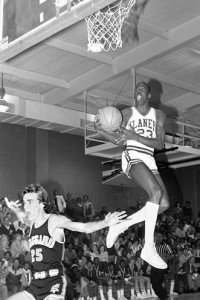
Tremendous article by my friend Trevor Huffman this week. The article helps us answer the question – How would you react if the thing you cared about doing most is taken away from you?
Michael Jordan came out of practice and wasn’t on the varsity player team list. Do you know what it’s like to not be on the list? It sucks, it sucks bad. You can fast forward to my sad story on getting cut from the “7 Seconds or Less Phoenix Suns.”
Then the MJ story goes, he went home, locked himself in his bedroom, a young teenage boy, and cried for hours. MJ didn’t come out until the next morning. This sad event wrecked his day. Maybe even his week.
How would you react if the thing you cared about doing most is taken away from you?
Click here to read the article by Trevor Huffman
Click here to register for one of our upcoming programs!
Sign up now to get a “Head Start” on your competition with our free basketball tip of the day delivered straight to your inbox. Click below, enter your email and we’ll also send you our E-Book, “Mental Toughness, Improve Your Brain – Improve Your Game”.
Basketball on the Edge – How Competing in Life is Just Like Playing Basketball by Jake Thompson
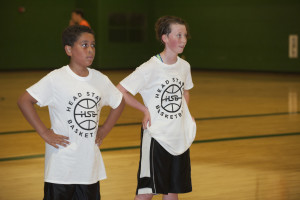
As we head into the year 2019, this article by Jake Thompson from Compete Every Day gives you some concrete examples of how you can bring your basketball mindset to improve your every day life off the court.
Click here to read the article by Jake Thompson
Click here to register for one of our upcoming programs!
Sign up now to get a “Head Start” on your competition with our free basketball tip of the day delivered straight to your inbox. Click below, enter your email and we’ll also send you our E-Book, “Mental Toughness, Improve Your Brain – Improve Your Game”.
Basketball on the Edge – Why Goals are Important for Young Basketball Players – Vintage Edition
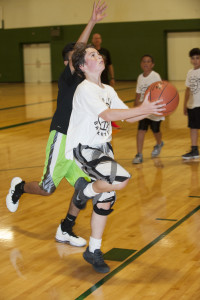
Let’s start with the premise that your child wants to become a good basketball player. Remember, that desire has to come from them. If it comes from you as the parent they are never going to love the game enough to practice, play, and get better.
The goal setting process begins with a vision. Does your child see themselves as a basketball player in the future? Can they see themselves playing on a local travel team, an AAU team, the high school varsity, a college team? Take your young player to games at all levels. You are providing opportunities for your child to envision themselves in those environments. Ask them questions like, “Would you like to play for the high school team some day?” The vision of their future selves is a powerful motivator. I loved watching the high school team go through warm-ups when I was in elementary school. I wanted to be able to slap the backboard on a layup just like the varsity players. I knew I would do that someday. The vision became a part of me. If your young player wants to achieve their vision they will begin to realize that practice and training will be required.
As a young player starts to work on their basketball skill set it is important that they set more specific goals that provide a road map for achieving their vision. Players of all ages have a tendency to practice basketball by just “shooting around”. We’ve all done it. Tossing shots at the basketball, going through motions, not being focused. Practice sessions should have goals that are SMART.
Specific – The goal should focus on a particular skill. (left handed layups, crossover dribbles, free throws)
Measurable – The goal can be measured in some way. (time, # of reps, # of shots made, etc.)
Attainable – The goal should be achievable. (Make 70 out of 100 free throws)
Realistic – Is the goal possible? (Be a starter on my CYO team vs. Become the best 6th grade player in the state)
Timely – Set a goal for the day, the week, the month, the season
These SMART goals should help your young player to be motivated to work toward their vision. Little things make big things happen. Nobody gets to a high level of basketball overnight. A series of goals are set and then achieved.
Although I wasn’t quite as scientific in my approach as a young player, one of the things that I did when I was a kid was to keep a daily basketball journaI. I recorded my basketball activities for the day and the total number of hours that I practiced. I often charted my free throws and jump shots. I wrote down how many reps of ball handling drills that I could do in a minute. I was always trying to get better. I could track my progress because I wrote things down. Without doing that it is too hard to remember what you did yesterday let alone a month or two ago. When I was 10 or 11 I read a quote from Dick DeVenzio, a coach and former player at Duke, who said that your most challenging competitor is “You Yesterday”. I always tried to beat that guy.
The bottom line on goals is this. Help your young player develop a vision of themselves as a basketball player. Take them to games and talk to them about what they are seeing. Help them set goals along the way that motivate them and help them improve. Have them record their daily practice in a journal or notebook. Without writing something down it is hard to know where you have been and where you are going. Players with goals will achieve more than those that just go out and “shoot around”.
